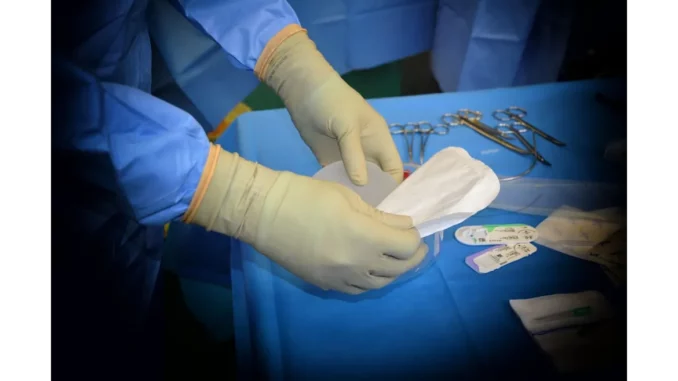
Summary
Armesia: Revolutionising Memory with Biotech Integration
In a transformative era of technological advancements, Armesia emerges as a pioneering development poised to reshape personal data management. This innovative technology combines biotechnology and digital engineering to allow individuals to store and manipulate memories digitally. Dr. Emma Whitaker, a cognitive neuroscience expert, highlights Armesia’s potential in therapeutic applications and cognitive enhancement while cautioning against ethical and privacy challenges.
Main Article
Introduction to Armesia
Armesia represents a novel leap in biotechnology, merging digital engineering with biological systems to fundamentally alter how humans interact with their memories. “Armesia is not merely an incremental improvement,” says Dr. Emma Whitaker, a seasoned cognitive neuroscientist. “It is a revolutionary approach that blends biocompatible brain implants with digital interfaces, enabling the storage, recall, and modification of memories.”
The technology’s potential is vast, promising to revolutionise areas from healthcare to education. By interfacing directly with neural pathways, Armesia could provide groundbreaking solutions for patients suffering from degenerative memory disorders like Alzheimer’s. “Imagine a scenario where learning complex skills is as intuitive as a software update,” Dr. Whitaker muses, envisioning a future where the human brain’s capabilities are significantly augmented.
Ethical and Privacy Concerns
However, the excitement surrounding Armesia is tempered by substantial ethical and privacy considerations. The digitisation of personal memories presents profound questions about data security. The risk of unauthorised access and misuse of sensitive information is a pressing concern. “The key to any technological advancement is trust,” Dr. Whitaker asserts. “Establishing robust security measures and clear ethical guidelines is crucial to protect this deeply personal data.”
The discourse surrounding the ethical use of biotechnological advancements such as Armesia is essential, requiring continuous engagement from all stakeholders. The development of comprehensive regulatory frameworks that uphold ethical norms and address privacy concerns is imperative for the responsible advancement of this technology.
Technical Specifications and Security
While specific technical details about Armesia’s implants remain confidential, Dr. Whitaker offers insights into their design. They are crafted to integrate seamlessly with the brain’s neural architecture, facilitating a natural interaction between human cognition and digital memory systems. “The goal is to achieve a harmonious blend of thought and technology,” she notes, emphasising the critical nature of a user-friendly interface.
Security remains a pivotal issue in the development of Armesia. “Addressing vulnerabilities proactively is vital,” says Dr. Whitaker. The implementation of fail-safe security protocols to safeguard personal data from potential breaches is essential to fostering trust and ensuring the technology’s broad acceptance.
Detailed Analysis
The introduction of Armesia could be a game changer in the fields of education, healthcare, and cognitive science, reflecting broader trends in technological integration and enhancement of human capabilities. The ability to download skills directly into the brain could transform educational methodologies and information retention, making learning more efficient and personalised.
Moreover, Armesia’s potential therapeutic applications could significantly impact the treatment of neurodegenerative diseases, aligning with a growing focus on personalised medicine. However, the ethical considerations surrounding data privacy and the potential misuse of information reflect larger societal concerns about the digital age’s impact on personal privacy.
Regulatory frameworks must evolve alongside technological advancements to ensure ethical standards are maintained. This balance between innovation and responsibility will be crucial as Armesia progresses from experimental stages to real-world applications.
Further Development
As Armesia advances towards mainstream availability, ongoing research and development efforts will be key to addressing the challenges and maximising the technology’s potential. Future developments will likely focus on enhancing the efficiency and security of the implants, as well as refining their integration with human neural systems.
Continuous dialogue among industry stakeholders, ethicists, and regulators is necessary to navigate the evolving landscape effectively. As Dr. Whitaker advises, “Innovation must be guided by responsibility to ensure it serves the greater good.” Sustainability considerations, such as eco-friendly biotech solutions and lifecycle management of materials, will also play a critical role in promoting long-term viability.
Readers are encouraged to stay engaged with this unfolding story as further updates and coverage reveal new insights into Armesia’s development and its implications for the future of cognitive enhancement and personal data management.

